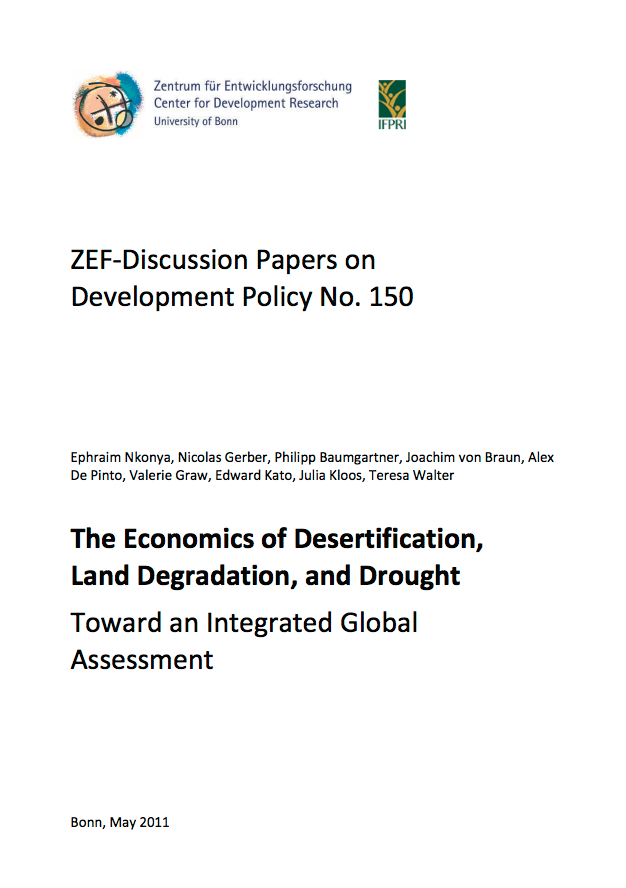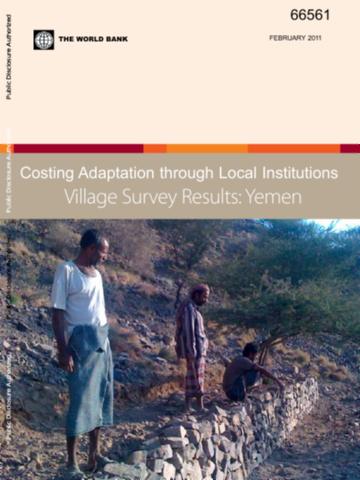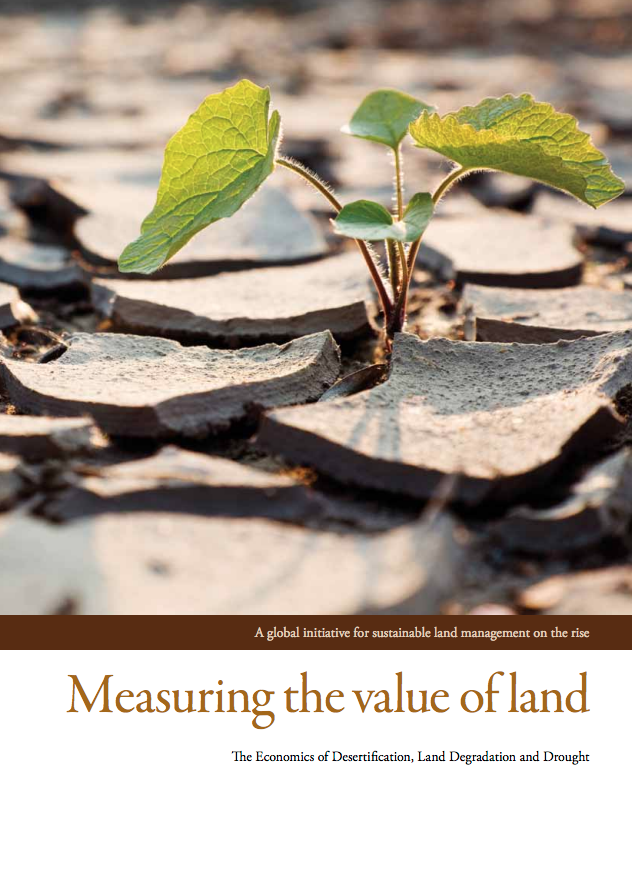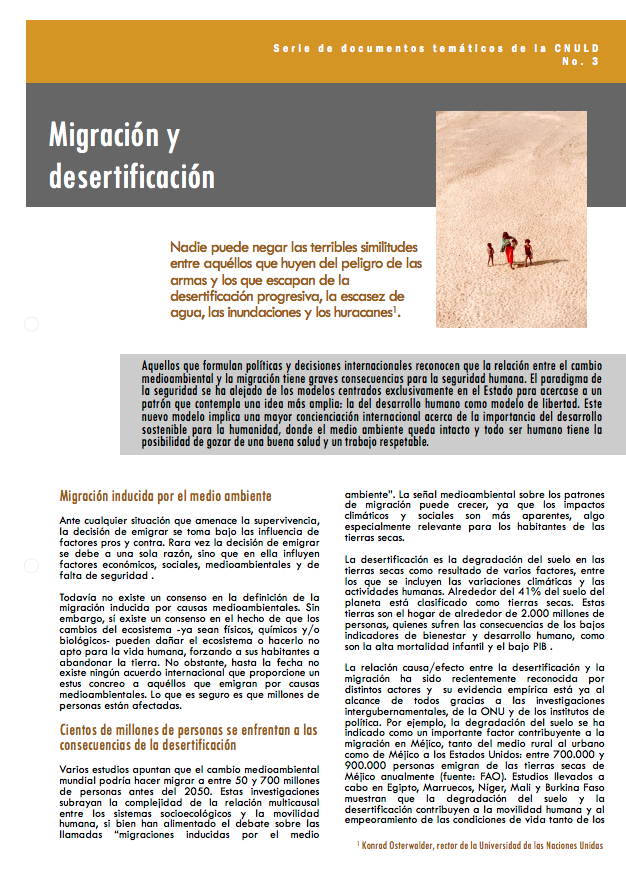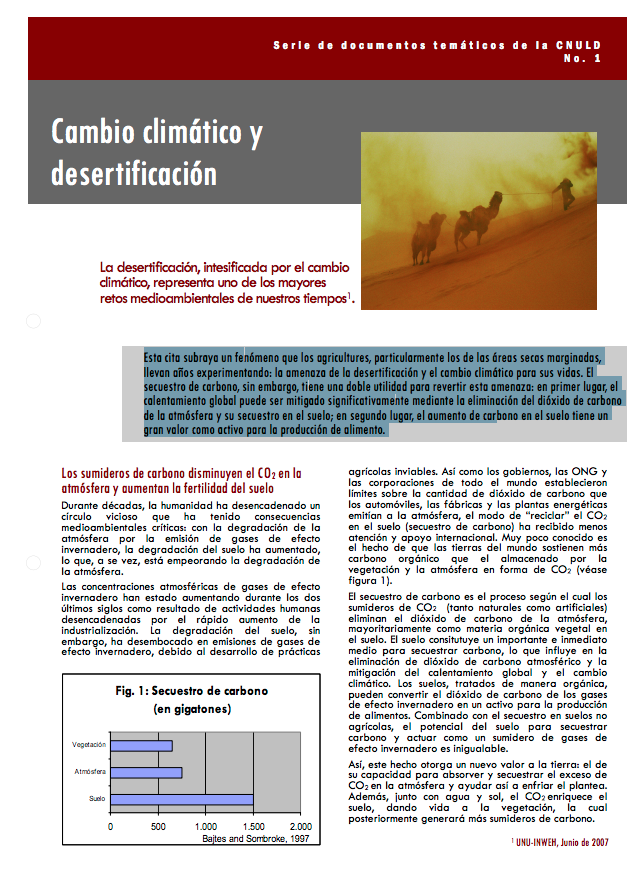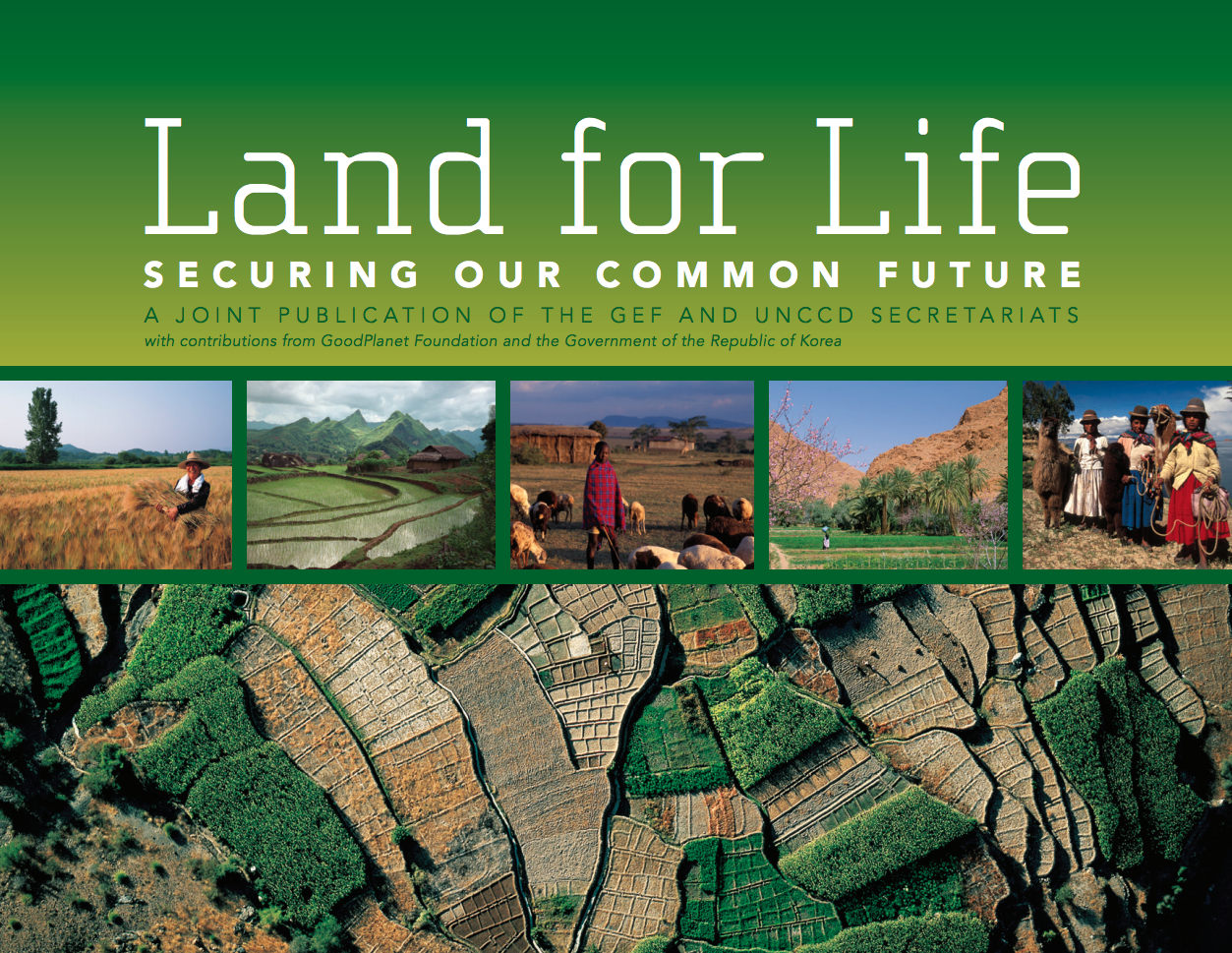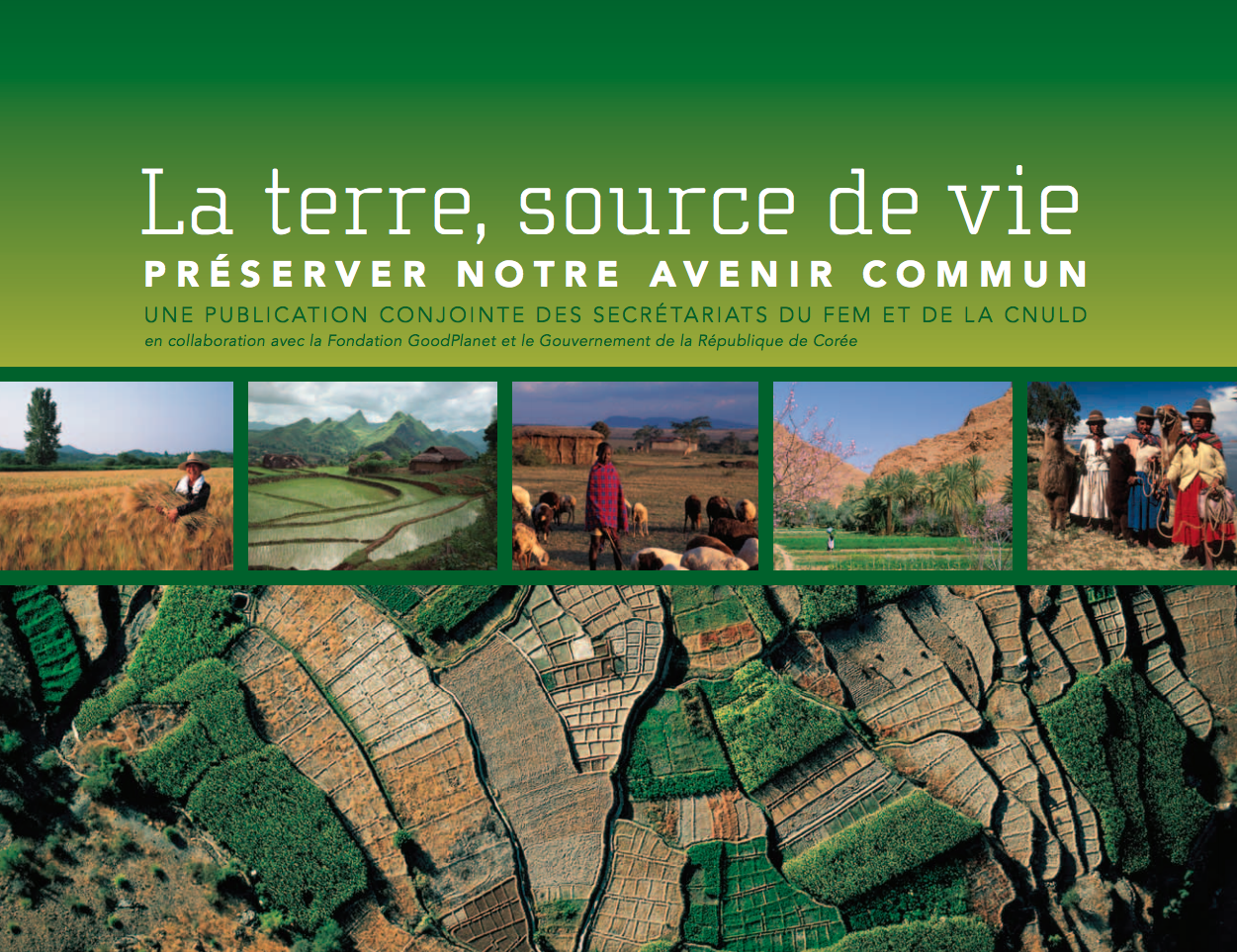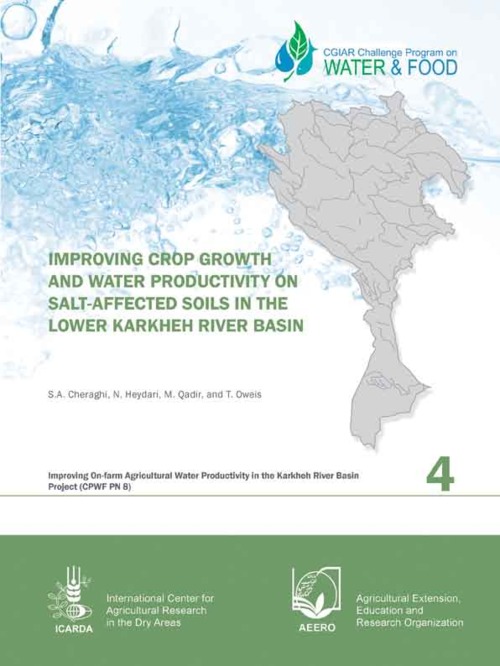The Economics of Desertification, Land Degradation, and Drought
Since the publication of the Report of the Brundtland Commission (Our Common Future) in 1987, and the consequent Earth Summit on sustainable development, global attention on natural resource scarcity and degradation has been increasing, because of climate change and rising food and energy prices. This awareness, in turn, has led to growing interest in land investments by the private and public sectors. Despite this interest, however, land degradation has not been comprehensively addressed at the global level or in developing countries.

